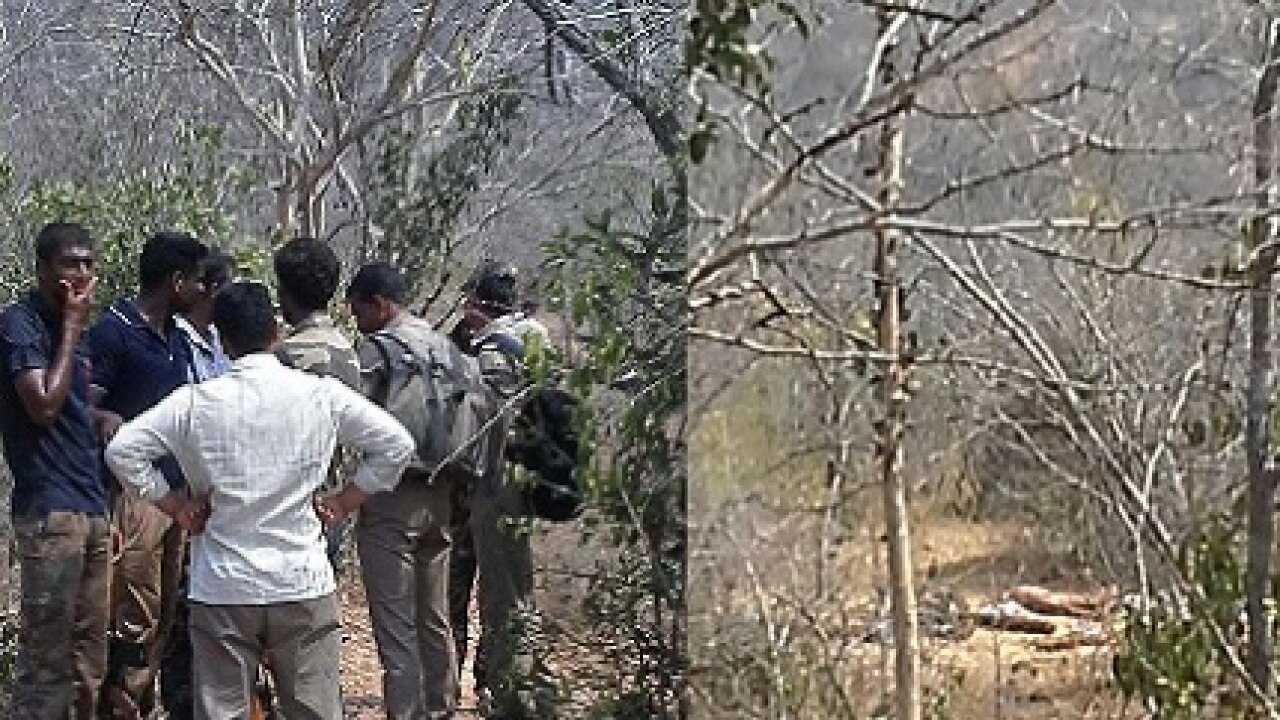
The killing of 20 labourers allegedly working for red sanders smugglers, by the Andhra Pradesh police on Tuesday, is a shockingly inhuman act of brutality. The police have blamed the high death toll on the slain men themselves — attacking the police with knives, bows and arrows, iron rods, and stones. But initial reports from the site pointed to burns on the victims’ bodies and bullet injuries on their faces, neck, and torso. These reports suggest that the armed police were not merely firing in self-defence but were shooting to kill, in a cold-blooded manner. The socio-economic profile of the 20 slain men reveals these men as belonging to Tamil Nadu’s denotified tribes. The woodcutters allegedly received Rs10,000 for each sandalwood tree felled, while the transporters, exporters and the political kingpins walked away with lakhs for smuggling red sanders out of India.
Newspaper reports point to a suspicious pattern in the law-enforcement activities meant to curb red sanders smuggling. Since 2011, eleven tribal woodcutters have been killed and over 2,000, slapped with stringent non-bailable charges like attempted murder, are languishing in jail. Meanwhile, members of the mafia that hire the smugglers get away with lighter charges. The possibility of forest and police officers acting in cahoots with one gang to weaken rival gangs cannot be ruled out either. Not surprisingly, the mass killings have been met with an emotional response in neighbouring Tamil Nadu where agitators took to burning AP state transport corporation buses to vent their anger. Tamil Nadu politicians who have condemned the killings must desist from inciting violence and instead focus on the twin issues at hand; the state had grappled with these twin issues during the heyday of the Veerappan gang. The first issue deals with smugglers and their protectors — and the second — respect for human rights. In addition, there are serious allegations of influential politicians protecting Veerappan and profiting from his undercover activities. At the same time, the state has turned a blind eye to the atrocities committed by the Joint Special Task Force on tribals and women, including rapes, administering electric shocks and extreme custodial torture. In 2007, the National Human Rights Commission awarded an unprecedented interim compensation of Rs2.8 crore to 89 victims of such police atrocities.
Over a decade later, only the backdrop has changed from the TN-Karnataka border to the Andhra-TN border. Even if the 20 persons killed were smugglers, and not labourers, did the police have the right to kill them without trial? The use of disproportionate brute force by the police — in recent years — has reached a criticality where more and more questions are raised about every encounter. Allegations of fake encounters are on the rise. At one level, this is a positive development as it questions the police narrative that once used to be accepted without question. Last year, the Supreme Court listed 16 guidelines to be followed in case of encounter killings including magisterial inquiry, registration of FIR, recording of tip-offs in writing, investigation by an independent CID team, immediate intimation of the NHRC, end to out-of-turn gallantry medals, and disciplinary action against the guilty policemen in case of fake encounters. These guidelines must frame the course of the investigations into AP and Telangana encounters. The families of the victims and the public at large deserve to know what forced the policemen to shoot to kill.